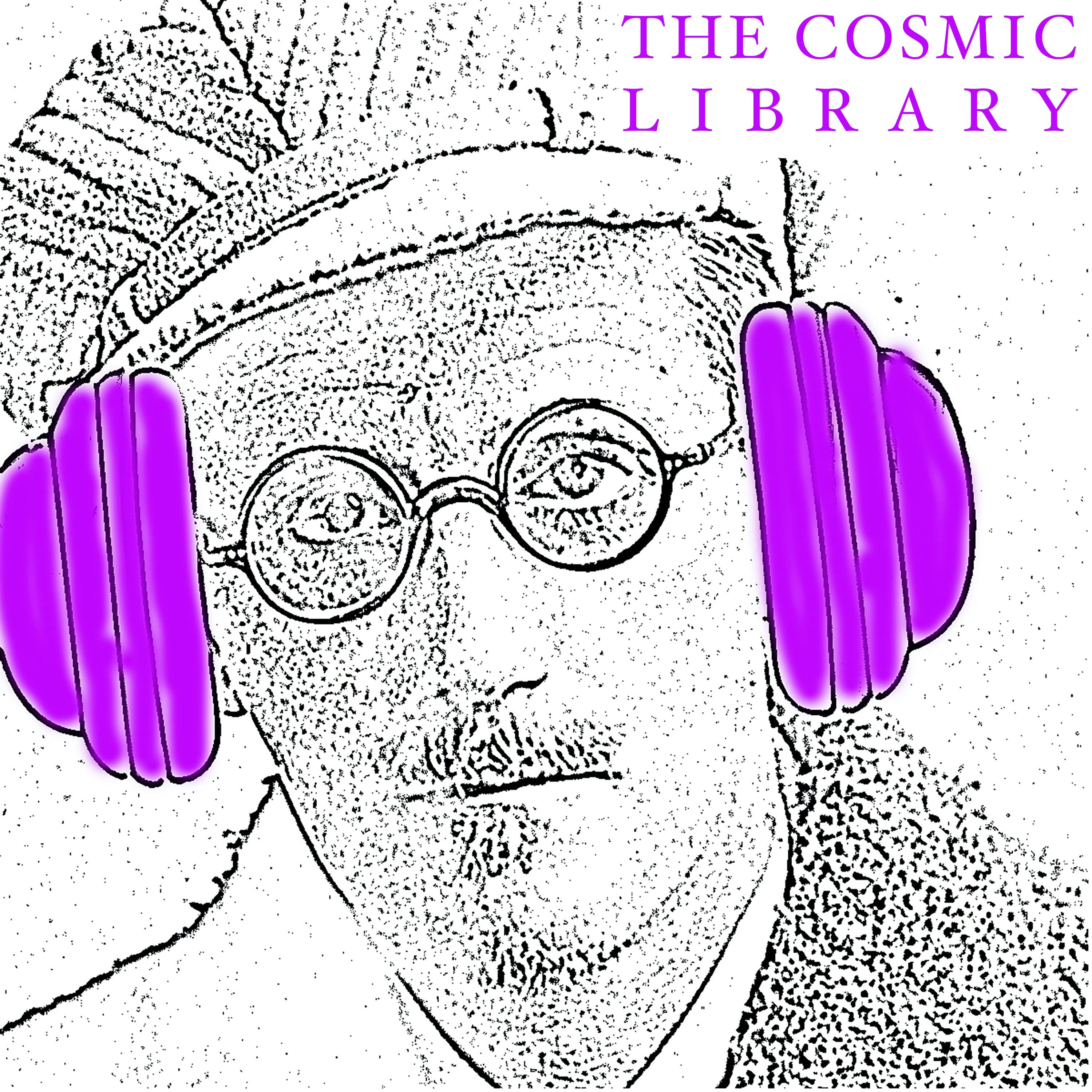5. Musical Conclusions
Description
Some of Finnegans Wake’s canniest readers, like guest Olwen Fouéré, don’t read the whole thing. That makes sense, too, considering that the book is itself incomplete: the last line doesn’t end, has no period. You’re left with a book that cannot conclude itself, that avoids coherence. So what are all these words doing, if not communicating? In part, they’re making music. They’re an experiment with language’s sounds.
Joyce obsessed over such sounds, including the sound linkages that connect meanings in ways impossible to track consistently. The scholar Joseph Nugent says in this episode, “Joyce does things very frequently for the fun of it, or because of some coincidence that was inside his own head that the rest of us have no access to whatsoever. We give up after a while imagining that we’re going to make entire sense of this book.”
Some of the sound connections are easier to make than others, especially when we think of the book’s music. The book alludes often to the song “Finnegan’s Wake,” but it also echoes the song about poor old Michael Finnegan, which has lyrics—“poor old Michael Finnegan, begin again”—about restarting.
When you read the book with songs in mind, you can end up noticing glorious constellations that scholars have catalogued for decades. Consider the closing lines, with their patterns of iambs and rhyme and alliteration, their music that carries you along with the rising and falling of waves:
"We pass through grass behush the bush to. Whish! A gull. Gulls. Far calls. Coming, far! End here. Us then. Finn, again! Take. Bussoftlhee, mememormee! Till thousandsthee. Lps. The keys to. Given! A way a lone a last a loved a long the"
You, reader or listener, have to figure out where you go from here. But the Wake gives you rhythms and sensations to encourage those next steps.
Learn more about your ad choices. Visit megaphone.fm/adchoices
More Episodes
The word “story” often comes after the word “bedtime,” and for good reason. Stories can frighten us, disturb and shock us, prompt us to change our thinking, but compared to most experiences, reading a story is tranquil. Podcasts, similarly conveying mediated encounters with other lives, are also...
Published 05/22/24
Published 05/22/24
“If my college-age self, reading White Noise, had thought I would one day be discussing word placement with Don DeLillo, I would have had a heart attack,” Deborah Treisman says in this episode. Since those days, in her role as fiction editor at The New Yorker, she has indeed discussed word...
Published 05/15/24


